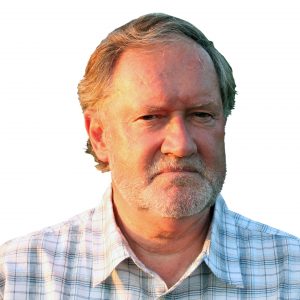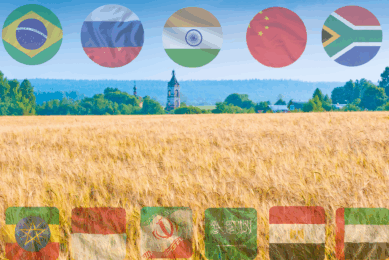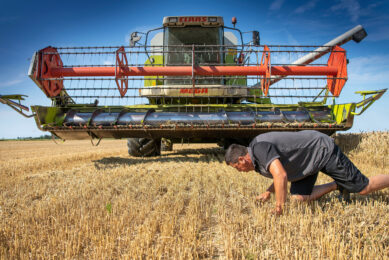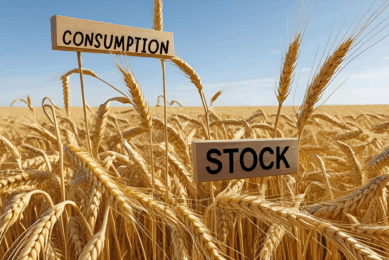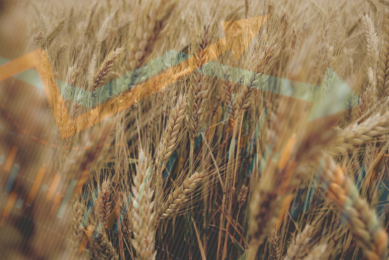French feed producers optimistic for 2025
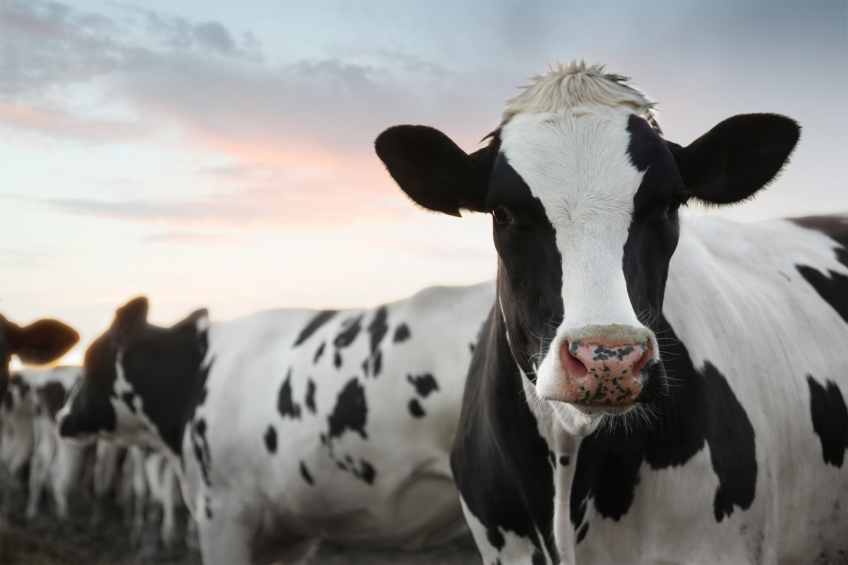
French producers expect to produce 19.6 million tons of animal feed this year. For 2025, they are slightly optimistic and estimate a production of 20 million tons, an increase of some 2%. Growth should come mainly from the poultry sector which still recovering from previous large outbreaks of avian influenza.
That’s the main conclusion in the annual report and review of the Syndicat National de l’Industrie de la Nutrition Animale, the national French organisation for the animal feed industry. SNIA has 102 members, of which 68 producers and 34 partners. France has 294 factories for compound feed while the sector employs some 15,000 people.
Feed production
SNIA members have had some unfavourable years, the report says. In 2022, total production decreased 6.5% year-over-year due to the epidemics of avian influenza as mentioned before. Poultry feed represents 40.8% of the total market, SNIA explains.
French feed factories also produced:
- 223,000 tons of equine feed,
- 207,000 tons of feed for rabbits
- 108.200 tons of fish feed.
Producers of conventional feed used:
- 25% soft wheat,
- 16% corn,
- 14% soja beans,
- 11% by-products of the grain sector,
- 6% sunflowers and
- 4% mineral and vitamin complements.
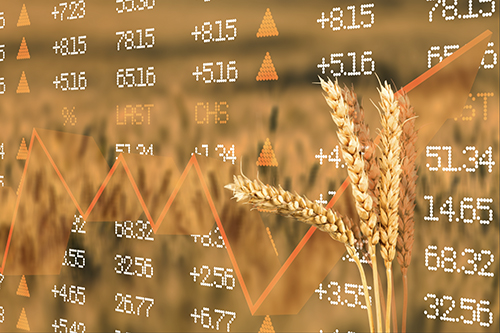
The report also says that production of biological feed last year decreased by 11% because of the severe crisis, with further falls of consumption, in the biological sector as a whole in France.
Despite the contraction of our markets, we maintained our fundamentals and our objectives in order to work on all aspects of our performance, competition, guaranteeing a high level of feed safety, meeting all the demands of our customers, making our profession attractive and further developing our capabilities,’’
François Solat, SNIA chairman
Optimistic about the future
For next year, François Solat, SNIA chairman, sees some positive developments among the main customers.
Firstly, poultry producers, particularly those of ducks for the foie gras industry, are increasing the number of birds now that the massive national campaign of vaccination against highly pathogen avian influenza HPAI seems to work.
Other livestock farmers see some brightness too ‘thanks to the mobilisation of all the sectors who fight actively against the constant pressure to reduce livestock farming and also engage to restart agricultural activities in the countryside,’ SNIA says. ‘’It’s all about meeting the demands of the French market for French products and not products imported from abroad which are often produced with lower costs and no respect for the same regulations or good practices that the French farmers adhere to, be it about traceability, quality, food safety, preservation of the environment of animal welfare.’’
The organisation actively stimulate the use of contracts based on models agreed upon by all players in the feed sector. These reference documents facilitate the commercial relations and the execution of contracts, with notably the presence of an arbitrator in case of conflicts, SNIA underlines.
Environment: Reducing emissions by 20%
With regards to the environment, SNIA members stick to the objective of reducing CO2 emissions by 20% in 2030. Use of low carbon commodities, innovative feed solutions as well as technological developments should all contribute to achieving that goal. Other measures are collection of used packaging and reduction of the use of electricity and water in factories and other premises. Finally, the French animal feed union joins the choir of organisations and governments from many countries who demand urgent clarification from the EU about the new regulations on deforestation which come into force on January 1th, 2025.


